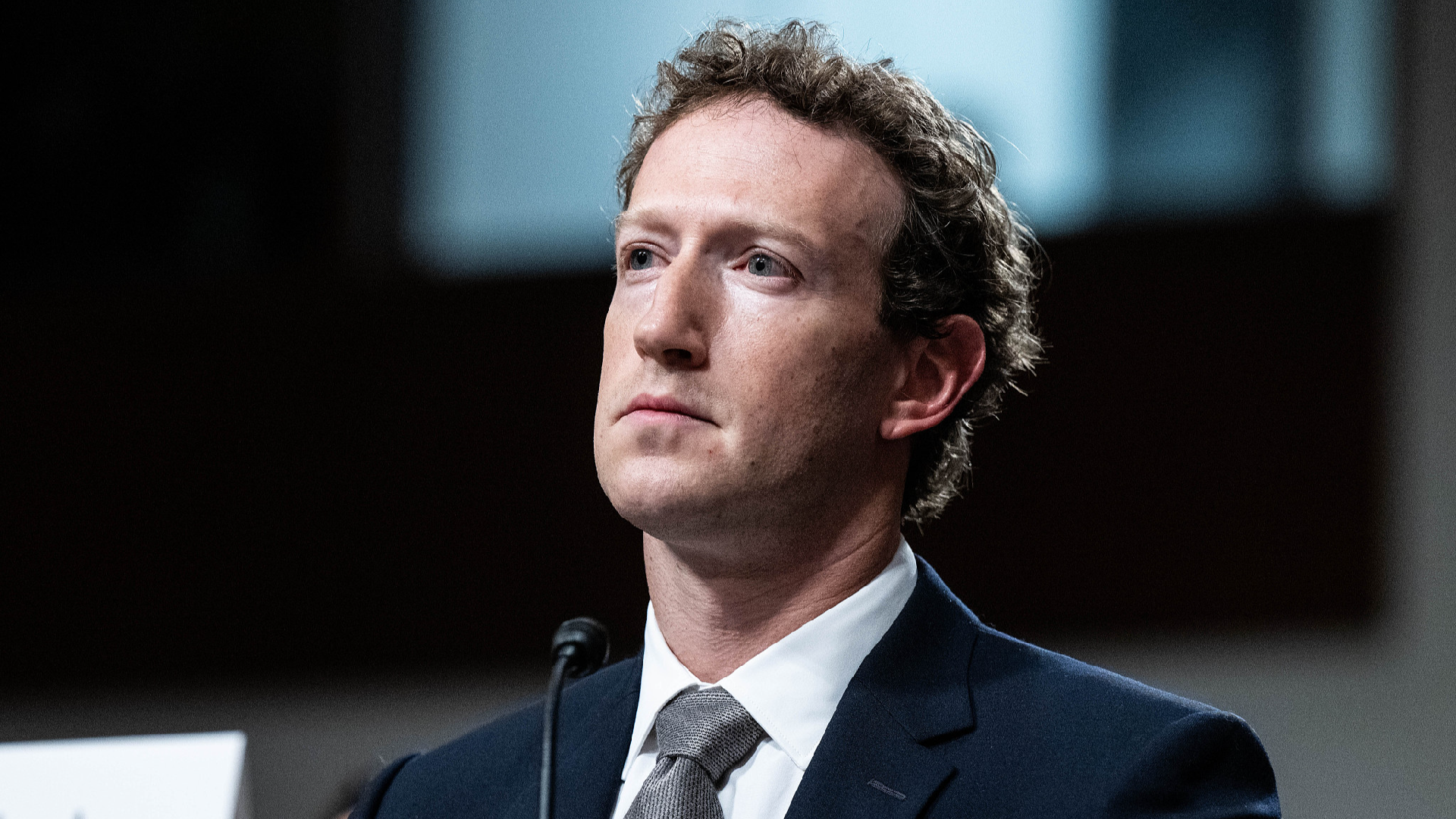Zuckerberg Expresses Regret Over Succumbing to Pressure from Biden Regarding COVID Content
Meta CEO Mark Zuckerberg has recently voiced his regret for succumbing to pressure from the Biden administration to censor COVID-19 content on Facebook throughout the pandemic. In a letter addressed to Congress, he recognized that the company could have managed the circumstances more effectively and reaffirmed Meta's dedication to resisting similar pressures moving forward.

In a correspondence to the House Judiciary Committee, Zuckerberg explained how top officials from the administration insisted that Meta, which owns Facebook and Instagram, remove postings that they considered misinformation, including those meant as humor or satire. He admitted that the company could have handled the situation better and stated that Meta is now equipped to handle similar pressures better in the future.
Zuckerberg's letter, sent on August 26, was addressed to Representative Jim Jordan, the GOP chairman of the House Judiciary Committee. Zuckerberg criticized the government's role as inappropriate and shared his regret for not being more assertive against the pressures.
"I believe the government pressure was wrong, and I regret that we were not more outspoken about it," Zuckerberg wrote, also noting that Meta should not compromise its content rules due to external pressures from any administration.
The White House has defended its approach during the pandemic, stating that the administration promoted responsible actions to safeguard public health and safety. A spokesperson emphasized that tech companies should "the effects of their actions on the American people while making independent choices about the information they present."
The topic of misinformation, notably during election times and public health crises, has sparked intense debate in the U.S. Both major political parties have criticized social media platforms like Facebook. In 2021, President Biden accused them of contributing to mortalities by allowing false information about vaccines to proliferate.
Echoing Biden's concerns were figures like ex-White House Press Secretary Jen Psaki and Surgeon General Vivek Murthy, who argued that platforms were insufficient in limiting misinformation which hindered pandemic control efforts.
Reacting to these pressures, Facebook took steps like tagging COVID-19 related posts with "credible information" and deleting posts that propagated false information about the virus and vaccines. This response, however, drew criticism from conservative circles who felt it was a form of censorship and demonstrated bias against conservative views.
Zuckerberg’s recent statements are part of a larger discussion on the role of social media firms in content moderation. Republicans, including Representative Jordan, have accused the Biden administration of improperly influencing these platforms to suppress content that could be seen as negative to their views, particularly concerning COVID-19 and issues related to President Biden's son, Hunter.
In his letter, Zuckerberg also voiced regret regarding Meta's initial handling of a New York Post story about Hunter Biden during the 2020 election, which was temporarily blocked due to fears of Russian disinformation—a decision that was later reversed when the report was confirmed not to be disinformation.
Zuckerberg and his wife, Priscilla Chan, through their Chan Zuckerberg Initiative, donated $400 million to support election infrastructure during the 2020 presidential election. These funds helped provide protective equipment at polling places and aided in mail ballot processing. However, this move faced criticism for potentially favoring one political party. Zuckerberg has since decided to refrain from similar donations in future elections, stating, "My goal is to be neutral and not play a role one way or another—or to even appear to be playing a role."
Former Department of Homeland Security counterterrorism official Samantha Vinograd has discussed the broader effects of misinformation, especially during elections. In a PBS interview, she underscored the real-world dangers posed by election-related misinformation and cited the January 6th Capitol riot as a pressing example.
"Just because speech is protected by the First Amendment does not mean that it is cost-free," Vinograd remarked, advocating for social media companies to be vigilantly proactive in tackling election misinformation that breaches their guidelines. She also stressed the importance of applying rigorous safety measures to the information sector for both national and physical security.
Zuckerberg’s reflections highlight the ongoing struggle for social media companies to balance free speech with the imperative to control misinformation, a challenge that remains dynamic and complex against a backdrop of governmental pressures and public expectations, especially with national elections in view.
Sanya Singh for TROIB News
Discover more Science and Technology news updates in TROIB Sci-Tech












